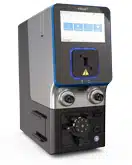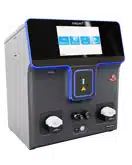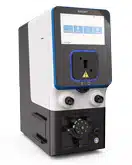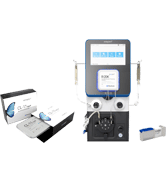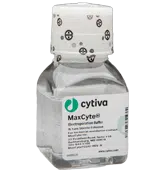Cell Therapy eBook Series
Exploring Electroporation 1: Immunotherapy
Navigate the challenges of immunotherapy development
Navigate the challenges of immunotherapy development using electroporation. As our understanding of cancer biology advances, researchers have responded with increasingly sophisticated approaches to genome engineering. From multiplex targeting of cell surface receptors and immune checkpoint inhibitors to innovative approaches using homology-directed repair, unlock the promise of natural killer (NK) cell and T-cell engineering.
Gentle electroporation ensures efficient delivery of diverse payloads to difficult-to-transfect cells, enabling high yields of precisely engineered cells for rapid and clinically scalable manufacturing.
Contents of this eBook:
- A cGMP-Compatible Manufacturing Process for Highly Efficient T Cell Engineering
- CRISPR Electroporation of T Cells Improves Treatment in Patients with Refractory Cancer
- Multiplexed NK Cell Engineering
- Electroporation of a Non-Integrative DNA Nanovector for Semi-Automated GMP Manufacturing
- Delivery of Transposons for Highly Efficient CAR T Cell Engineering
- Efficient and Scalable T Cell Engineering for Immunotherapy of Hepatocellular Carcinoma
- Multiplex CRISPR-mediated Gene Editing Towards Creation of a Universal CAR T Cell
- Engineering NK Cells with High-Affinity CD16 for Enhanced Combination Therapy to Treat B-Cell Lymphoma
This eBook highlights the use of electroporation in advancing cell therapy research, particularly in the context of immunotherapy for cancer treatment. The articles highlight the development of cGMP-compliant processes for non-viral T cell engineering and the improvement of treatment for patients with refractory cancer through CRISPR electroporation of T cells. The eBook also discusses the multiplexed engineering of NK cells to enhance their anti-tumor activity.
MaxCyte's electroporation technology enables the efficient delivery of various payloads into hard-to-transfect cells while maintaining cell viability and high yields. Additionally, the eBook touches on the manufacturing challenges with viral gene delivery, the safety concerns of viral vectors, and the potential of non-viral alternatives such as homology-directed repair (HDR) in conjunction with electroporation for site-specific delivery of transgenes.
Overall, the eBook underscores the progress and promise of electroporation and gene editing technologies in the field of immunotherapy, aiming to improve the safety, efficacy, and scalability of treatments for cancer patients. Key themes to the eBook:
- Electroporation and Immunotherapy: The eBook provides examples of how electroporation is utilized for immunotherapy. One such example is the electroporation of nS/MARt vectors, which provide long-term transgene expression in T cells. These vectors were delivered with high efficacy and viability into activated human CD3+ cells with the MaxCyte ExPERT GTx.
- Advancements in Genome Engineering: The scientific community has made significant strides in genome engineering to combat cancer. Researchers are employing more sophisticated strategies, including the multiplex targeting of cell surface receptors and the modulation of immune checkpoint inhibitors. These advancements herald a new era in cell engineering that aims to harness cell and gene therapy to fight cancer more effectively.
- MaxCyte Technology and Immunotherapy: MaxCyte’s electroporation technology is at the forefront of immunotherapy development. Electroporation ensures efficient delivery into cells of various payloads that are traditionally challenging to transfect. This non-viral method maintains the viability of these cells and enables the production of precisely engineered cells at high yields. MaxCyte's technology facilitates rapid and clinically scalable manufacturing processes, speeding effective and personalized immunotherapies to the clinic faster.
In conclusion, MaxCyte’s electroporation technology is a powerful tool for advancing immunotherapy. By enabling efficient gene delivery, electroporation facilitates the development of personalized therapies. Researchers are making significant strides in genome engineering, aiming to harness the potential of NK and T cells for cancer treatment. As scientists continue to develop cell and gene therapies with electroporation, we can expect further breakthroughs in immunotherapy, ultimately benefiting patients worldwide.
Download the Immunotherapy eBook
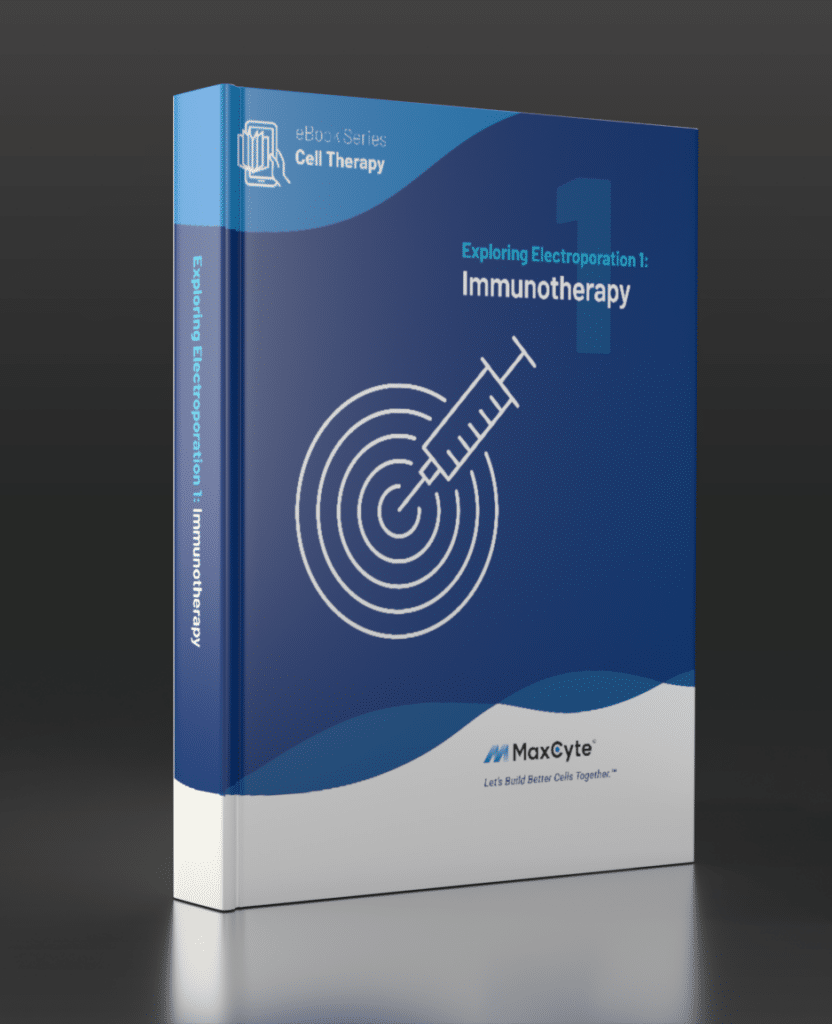
Please fill in the form below to download the eBook.
